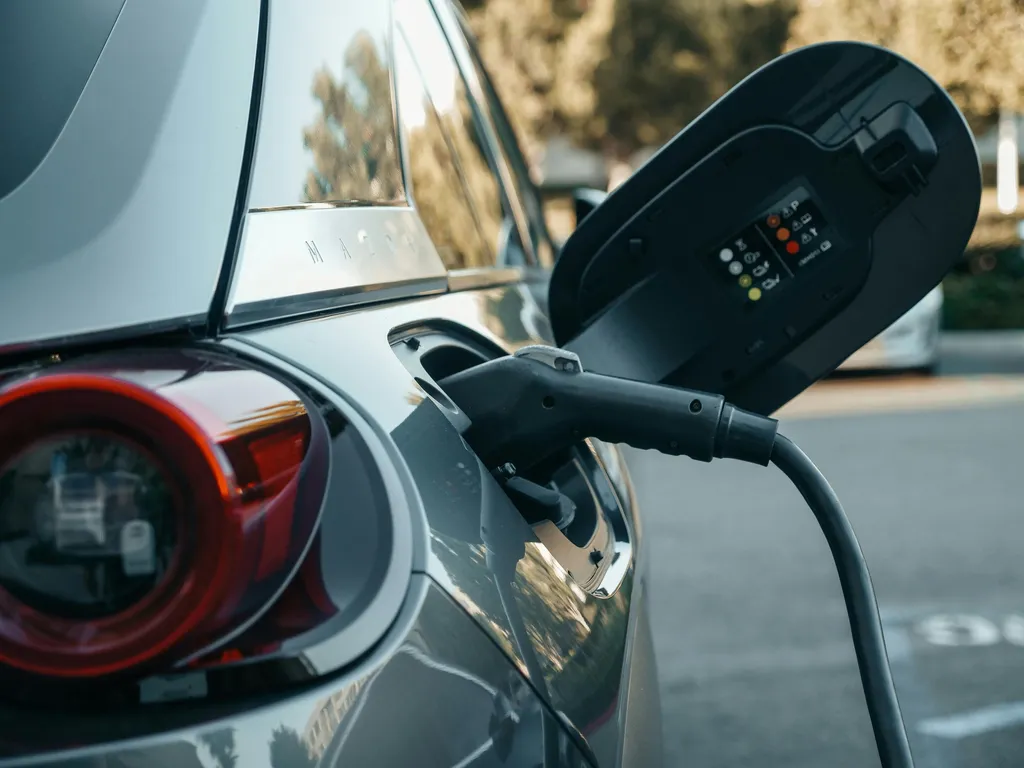In the rapidly evolving world of electric vehicles (EVs), battery safety remains a critical concern. A recent study published in the journal *Nature Scientific Reports* introduces an innovative solution: an Intelligent Fault Detection (IFD) system designed to monitor and safeguard lithium-ion batteries in real time. Led by Rahul Kumar Kamboj from the Electrical and Instrumentation Engineering department at Thapar Institute of Engineering and Technology, this research leverages machine learning to detect faults before they escalate, potentially revolutionizing battery management systems in the energy sector.
The IFD system utilizes data from embedded sensors to continuously track battery performance, focusing on key metrics like temperature and voltage. By applying a K-means clustering algorithm, the system categorizes battery behavior into distinct groups, establishing safe operating ranges. An ensemble learning approach further refines this classification, distinguishing between safe and unsafe battery conditions with remarkable accuracy—94%, according to the study.
“This system doesn’t just detect faults; it learns from them,” Kamboj explains. “By continuously analyzing real-time data, it adapts to the unique behavior of each battery, ensuring long-term reliability and safety.”
The implications for the energy sector are significant. As EVs become more prevalent, ensuring battery longevity and safety is crucial for both consumer trust and economic viability. Fault detection systems like this could reduce maintenance costs, extend battery life, and minimize the risk of failures, all of which contribute to the broader adoption of electric mobility.
Moreover, the research highlights the potential for machine learning to enhance battery management systems across industries. From grid storage solutions to consumer electronics, the ability to predict and prevent faults could lead to more efficient and sustainable energy use.
As Kamboj notes, “This is just the beginning. The more we integrate intelligent systems into battery management, the closer we get to a future where energy storage is not only efficient but also inherently safe.”
With the growing demand for clean energy solutions, innovations like the IFD system could play a pivotal role in shaping the future of the energy sector. As this technology evolves, it may well become a cornerstone of next-generation battery management, ensuring that the transition to electric mobility is as smooth and safe as possible.

